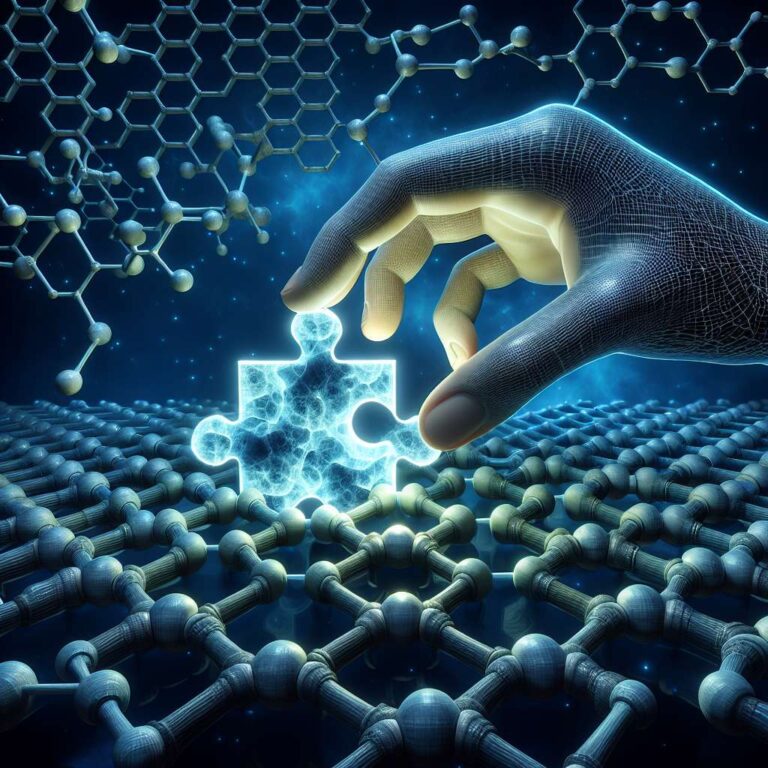Microsoft researchers have announced a major advancement in computational chemistry, leveraging deep learning to significantly enhance the predictive accuracy of density functional theory (DFT)—a core method for simulating molecular and material properties at the atomic level. DFT, introduced in the 1960s, revolutionized the field by making calculations for complex systems computationally feasible and is now central to research in chemistry, biochemistry, and materials science. Despite its widespread use, DFT´s predictive utility has long been constrained by the lack of an explicit expression for the so-called exchange-correlation (XC) functional, forcing scientists to use practical but imperfect approximations for decades.
The Microsoft team tackled this bottleneck by amassing a vast and diverse dataset of highly accurate reference values for atomization energies—an essential thermochemical property—using state-of-the-art wavefunction methods. Collaborating with Professor Amir Karton, a leader in quantum chemistry benchmarking, and leveraging Microsoft Azure computing, they generated a dataset some two orders of magnitude larger than previous efforts, covering a wide section of chemical space. The data, partially released for the broader scientific community, provided the foundation for training a novel deep learning architecture specifically designed to model the XC functional directly from electron density data, bypassing the manually crafted descriptors of traditional approaches.
The outcome, named Skala, is a machine-learned density functional that achieves near-experimental, or ´chemical´, accuracy—a key threshold that brings DFT´s predictive power in line with laboratory standards for select properties of main group molecules. Evaluated on industry-standard datasets, Skala outperformed or matched the best existing hybrid functionals, often at lower computational cost. This leap forward, recognized by leading experts, removes a historic barrier to computationally driven discovery in chemistry. By releasing Skala and extensive benchmark data, Microsoft seeks to catalyze advances across drug discovery, battery technology, carbon capture, and more. The new DFT Research Early Access Program (DFT REAP) invites industry and academic collaborators to accelerate real-world innovation, heralding a new era in digital chemistry where deep learning and high-quality data promise to transform foundational scientific workflows.

